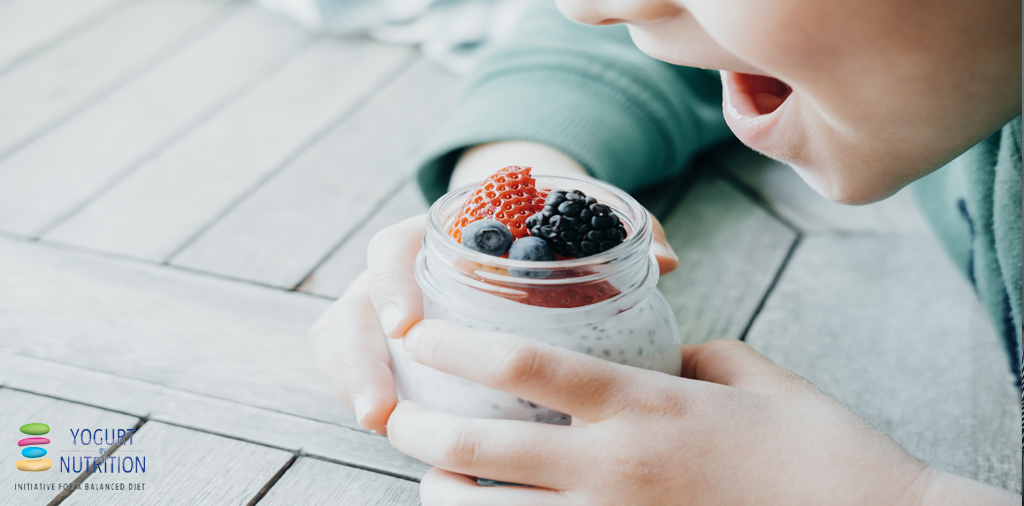We all know that milk and dairy products are packed with nutrients, including a host of vital vitamins and minerals. But, despite a wealth of evidence showing that dairy products don’t cause children to become fat, public health advice is often unclear, say the authors of this article. Their review lays all doubts to rest.
They analysed 94 scientific studies on this topic. Their review looked at foods eaten as a source of calcium, such as milk, cheese and yogurt. Butter was excluded from the review because it contains no calcium and is considered to be a fat. Plant-based milk-like products were excluded too, as these don’t have the same nutrient composition as dairy products.
The review revealed that milk and other dairy foods consistently showed no association with childhood obesity, compared to little or no dairy product consumption.
Of the 94 studies, only 9 suggested there might be a positive association between milk and other dairy products and body fatness.
The authors conclude that overall, evidence does not support limiting children’s intake of milk and other dairy products on the grounds that these may cause obesity.
They also say there is no underlying rationale to support the idea that milk and other dairy products promote excess weight gain or increase appetite.
‘This critical and comprehensive review …. found that milk and other dairy products are consistently not associated, or inversely associated, with body fatness in children relative to low or no dairy product consumption.’ – Dougkas A, et al, 2019.
A weighty problem
If you think people are fatter than they used to be, you’re right.
Global rates of overweight and obesity are increasing among both adults and children. In fact, 41 million children under the age of 5 years were overweight or obese in 2014. That’s a public health concern, as childhood obesity is linked to a range of health problems that can be carried through to adulthood.
When seeking to stem the tide of obesity, public health messages tend to be simple and straightforward. They include advice such as avoiding sugary drinks and snacks, as well as eating more fruit and vegetables. However, advice on milk and dairy products is often less clear and may be confusing.
Dairy foods are a key part of many children’s diets, providing an important source of protein, calcium, iodine, riboflavin, vitamin B12, potassium and vitamin A. But until now these foods have often come under scrutiny because of their calorie and fat content. However, this ignores the vitamins and minerals that foods such as yogurt and cheese provide. Happily, the idea that milk and dairy products promote excess weight gain in children has now been shown to be untrue.
Yogurt as a fat buster?
Certain dairy products such as yogurt might even have an anti-obesity effect, the research suggests. This may be because they change the make-up and activity of bacteria in the gut. The composition of gut bacteria is known to differ between normal-weight children and those who are overweight or obese. There is also evidence that early differences in children’s gut bacteria could point to them being overweight in the future.
Fermented dairy products are a source of live bacteria – probiotics. It may be that the probiotics interact with bacteria already in the gut, causing changes in the way that fat is handled by the body. However, possible mechanisms for this are still poorly understood. Some studies have shown beneficial effects of probiotics for managing children’s weight, but more research is needed the authors of the review say.
‘…the existing evidence shows that there is no accepted underlying mechanistic rationale to support the hypothesis that milk and other dairy products promote excess weight gain, or increase appetite.’ – Dougkas A, et al, 2019.



